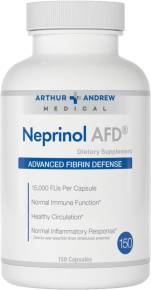While sunglasses are often worn for style, they can also help you maintain healthy eyes and prevent future vision loss.
According to the American Optometric Association (AOA), sunglasses protect the eyes from the radiation of ultra-violet rays (UV rays). The association indicated that, while UV-C rays are not thought to cause serious harm, UV-A and UV-B radiation can cause “adverse long- and short-term effects on the eyes and vision.”
When overexposure to harmful UV rays occurs, one of the short-term effects could be photokeratitis. As noted by the AOA, this temporary condition, related to a “sunburn of the eye,” may cause uncomfortable short-term symptoms, including “red eyes, a foreign body sensation or gritty feeling in the eyes, extreme sensitivity to light and excessive tearing.”
The long-term effects of UV exposure include more serious eye conditions, like cataracts, retina damage, and an increasing risk of macular degeneration.
Although this exposure may be partially from sun, light coming from reflective surfaces, like snow or water, can also be dangerous for the eyes.
Wearing high-quality sunglasses will protect the fragile tissues of the eye from harmful UV exposure. Shoppers should look at labels and tags for information on UV protection. The most efficient sunglasses will block 99 to 100 percent of UV-A and UV-B rays.




